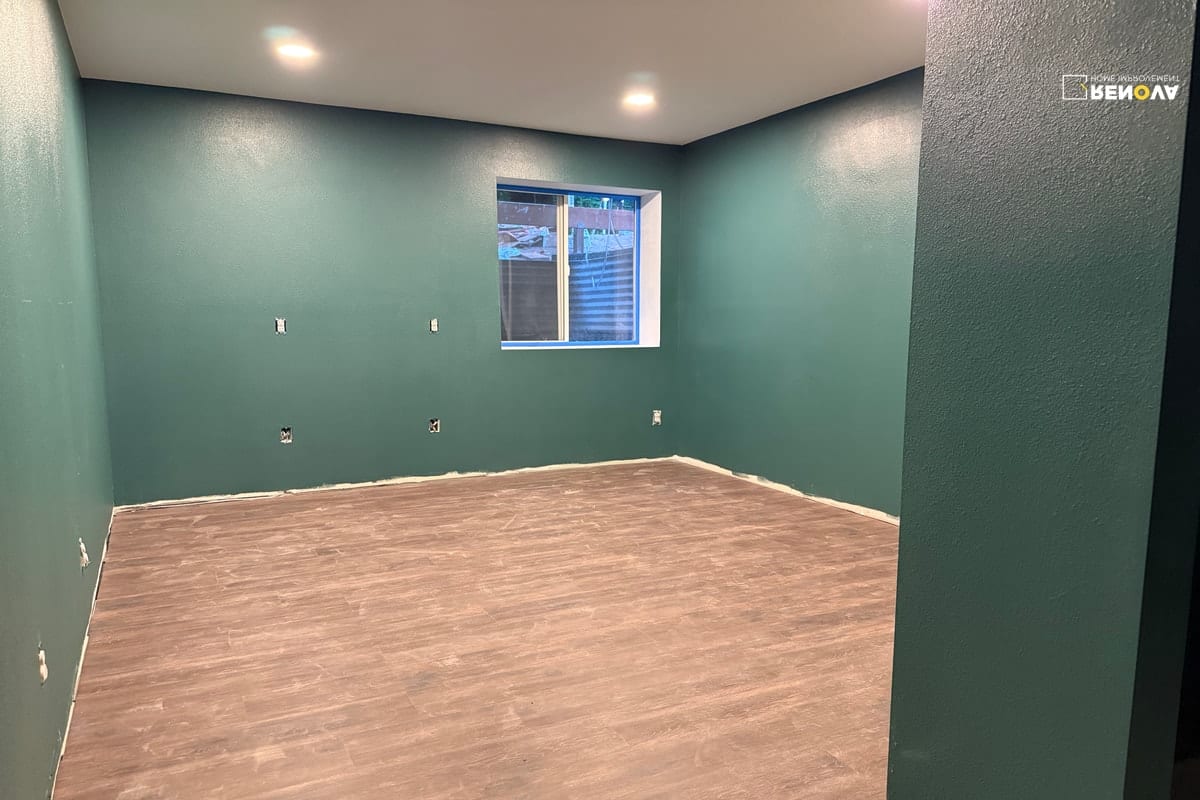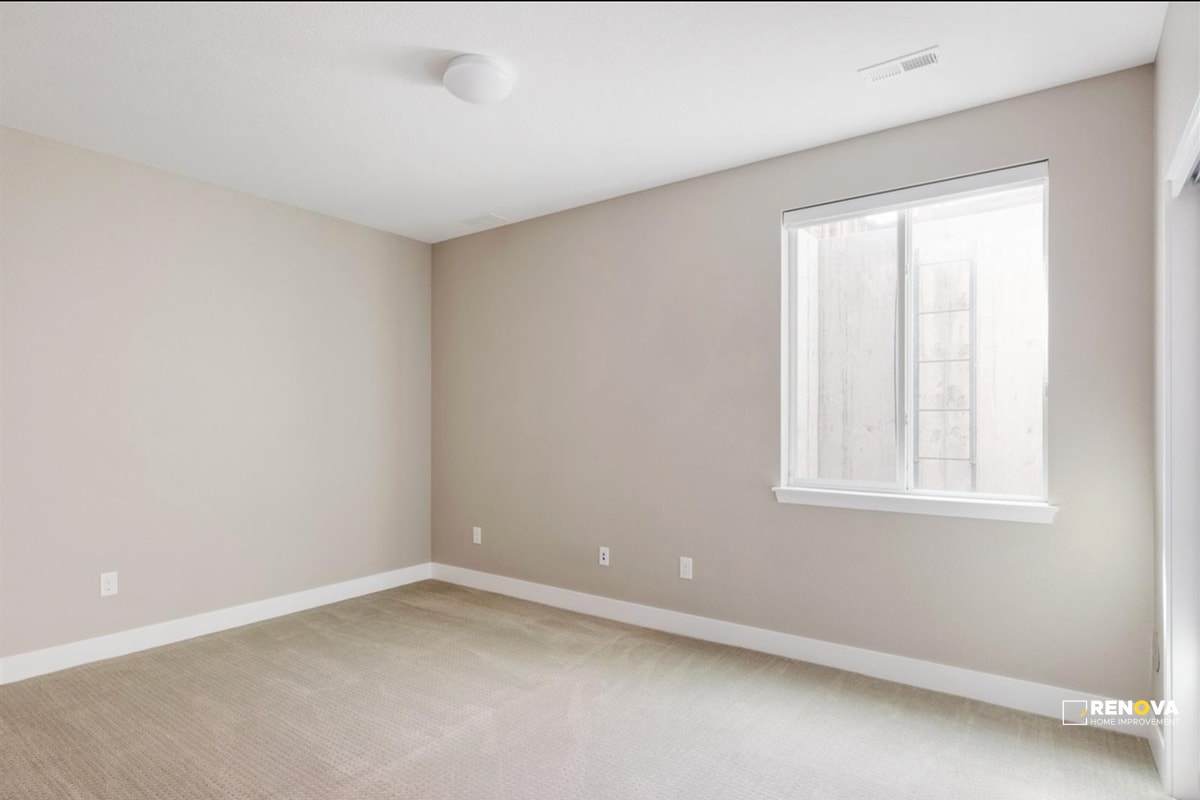Do I need a permit to remodel my basement in Seattle?
Short answer – most likely. Seattle requires permits for almost any basement finishing or remodeling that adds habitable space or changes structure, plumbing, electrical, or HVAC. Purely cosmetic work (paint, like-for-like flooring) usually doesn’t. If it touches life safety, structure, or the building envelope – assume permit.


Finishing vs. remodeling – what’s the difference?
- Finishing a basement – converting unfinished space into habitable rooms (bedroom, office, media room, bath). This does require a building permit. Straightforward, non-structural interior scopes may qualify for STFI (Subject-to-Field-Inspection). Structural or complex scopes go through full plan review.
- Remodeling an already finished basement – cosmetic only, often no permit. Move walls, add a bathroom or laundry, cut an egress window, re-wire, re-duct, or change exits – you’ll need permits (plus related trade permits).
Quick gut-check – if it changes life safety, structure, or the envelope, it’s a permit job.
Permit paths in Seattle
- STFI – small, interior, non-structural residential work that meets criteria. Fewer submittals, still inspected.
- Full building permit (plan review) – required for structural changes, new openings in foundation for windows/doors, lowering slabs to gain headroom, ADU-level conversions, or complex MEP.
The big code items you’ll hit in a basement
1) Minimum ceiling height
For habitable rooms and hallways in basements: 7 ft minimum. For bathrooms, toilet rooms, laundry rooms: 6 ft 8 in. Designers often push ducts/soffits to perimeter walls to keep clear paths near 7 ft – comfort matters. (Code ref: SRC R305.)
2) Bedrooms need an egress window (or door)
Adding a bedroom in the basement requires a compliant Emergency Escape and Rescue Opening. Typical rules used locally:
- Net clear opening: 5.7 sq ft minimum (5.0 sq ft at grade-floor openings)
- Clear opening: at least 20 in wide and 24 in high (still must reach the area)
- Sill height: ≤ 44 in above finished floor
- Window well: ≥ 9 sq ft with ≥ 36 in projection/width; wells deeper than 44 in need a ladder/steps
- Openable from inside – no keys, tools, or special knowledge (Code refs: SRC R310, SDCI Tip 303A.)
3) Separate entrance or new exterior stairs
Cutting in a new exterior door for a daylight feel – or planning an ADU later? Follow Means of Egress provisions: readily openable egress door, compliant stair width/treads/risers, and typical stair headroom about 6 ft 8 in. (Code ref: SBC Chapter 10.)
Work that almost always triggers permits
- Finishing an unfinished basement into habitable space
- Adding bedrooms (egress required), bathrooms, or laundry
- Cutting an egress window through concrete/foundation walls
- Lowering the slab, altering beams/bearing walls for headroom
- New plumbing, electrical circuits, or HVAC runs
- Insulation/vapor control that changes the envelope
Inspections – plan for them
Even with STFI, inspectors check framing, insulation/air-barrier, rough-in plumbing/electrical/mechanical, egress, and final. Bath fans must exhaust outside – not into cavities. Build your schedule around inspection holds.
Quick decision guide
- Just paint and carpet? Probably no permit.
- Finishing an unfinished basement? Permit required – STFI if simple; full review if structural/egress.
- Adding a bedroom? You’ll need a code-sized egress opening.
- Ceilings under 7 ft? Discuss compliance and options before you buy finishes (SRC R305).
- New exterior door/stairs? Follow Means of Egress (SBC Chapter 10).
Need help pricing the conversion?
See local pricing and scope here – RENOVA Contractors – Basement Finishing Seattle.